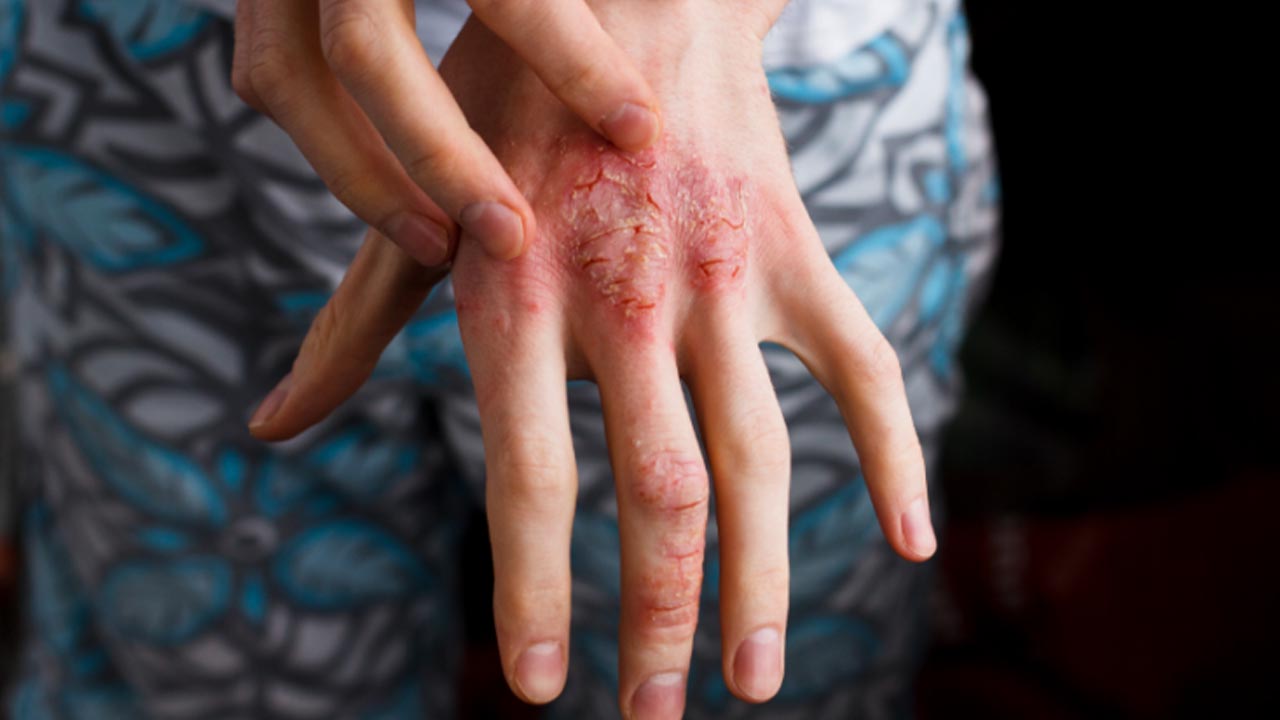Vascular events like vessel thickening, vessel diameter alteration, cerebrovascular diseases, hypertension, vascular psoriasis, etc., are common abnormalities reported in recent years. Among these, psoriasis is an inflammatory immune condition that arises when skin cells are replaced more quickly than in normal time. Skin is the first organ to get affected by psoriasis. However, severe vascular abnormality can influence the brain, heart, lungs, liver, and digestive organs. Long-lasting vascular psoriasis that is not controlled or treated can lead to inflammatory malignancy, causing cardiovascular risks.
Vascular Psoriasis
An inflammatory dermal condition commonly causes the skin to form flaky patches from scales is called vascular psoriasis. These patches appear red and pink. Genetic, metabolic, hormonal issues, emotional stress, and customary practices are the original causes of psoriasis in people. Itchiness is a major sign that one has psoriasis, so dermatologists propose special treatments for the cure. Psoriasis is not transferred from person to person but can act as a hereditary disease among family members from different generations.
Symptoms and types of psoriasis:
Vascular psoriasis can be identified by observing the following physical conditions:
- Red plaques on the skin
- Disorders of finger and toenails
- The crust on the scalp
- Pain and swelling of joints leading to psoriasis arthritis
- There are different types and severities linked with Vascular Psoriasis, which are
- Inverse psoriasis
- Guttate Psoriasis
- Pustular Psoriasis
- Erythrodermic Psoriasis
Vascular inflammation and cardiovascular risks
Psoriasis refers to inflammation which is a direct cause of heart complications like stroke or cardiovascular risks if kept ignored. Cardiologists always have a sign of doubt if there are issues of elevated LDL cholesterol, hypertension, diabetes, obesity, low HDL cholesterol, and high C-reactive protein sensitivity among vascular patients. This can be stated as psoriasis of the heart, which is spread throughout the cardiovascular system.
Treatment of vascular Psoriasis
Psoriasis can be identified by physical examination of plaques on the skin, scalp, ear, elbow, knees, nails, etc. This medical evidence can be strengthened by biopsy confirmation via lab testing. Doctors recommend treatments based on the type and adversity of vascular psoriasis detected. Some of the optional cures and therapies for psoriasis treatment are
- Medications, creams, moisturizers, etc.
- Vitamin D and ointments
- Retinoid creams
- Light therapy
- Cyclosporine antibiotic intake
- Biological treatment
- Enzymatic inhibitor
- Methotrexate drug




